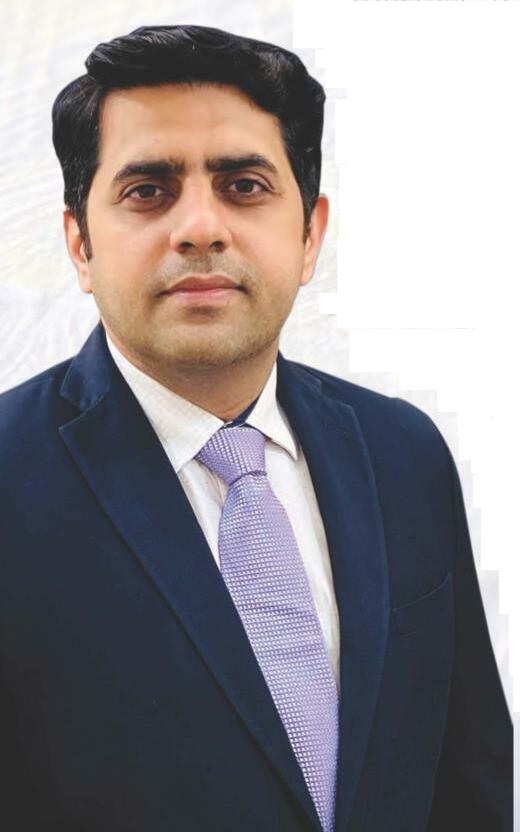
How do you think the government's initiative through the National monetisation pipeline will help unlock value in the airport sector? Clubbing airports could be similar to the route dispersal guidelines-clubbing trunk routes with lean routes. It has never really served the purpose at the end of the day. How do you see this working?
The exact nature of the contractual obligation under the proposed NMP plan of clubbing a smaller airport with a large one is still unclear. During the last round of privatization, where the government divested stake in six airports, the concessionaire was expected to transfer the existing asset value of operating airports under the Regulated Asset Base model within one year, along with committing capital expenditure for airports that are undergoing expansion or have planned for it. Under the proposed scheme, if the payment obligations for smaller airports are appropriately structured, then this would help private players mitigate the risks appropriately. Additionally, the non-aero potential for airports is likely to be harnessed better under private control.
Your report makes the argument that if airports like Chennai and Kolkata were privatised the non-aeronautical revenue could see a considerable rise as witnessed in the privatised airports of Delhi, Mumbai and Hyderabad. Would this assessment be correct? And is it simply because government entities by nature do not have the same creative impetus to customer service as a private company? Or is it easier to monetise airport land when you are free of government encumbrances?
هذه القصة مأخوذة من طبعة February 2023 من Cruising Heights.
ابدأ النسخة التجريبية المجانية من Magzter GOLD لمدة 7 أيام للوصول إلى آلاف القصص المتميزة المنسقة وأكثر من 9,000 مجلة وصحيفة.
بالفعل مشترك ? تسجيل الدخول
هذه القصة مأخوذة من طبعة February 2023 من Cruising Heights.
ابدأ النسخة التجريبية المجانية من Magzter GOLD لمدة 7 أيام للوصول إلى آلاف القصص المتميزة المنسقة وأكثر من 9,000 مجلة وصحيفة.
بالفعل مشترك? تسجيل الدخول

Adani Airport Thales Forge Strategic Partnership to Improve Airport Operations and Passenger Experience in India
Adani Airport Holdings Limited (AAHL), the largest private airport operator in India, and Thales, a global leader in advanced technologies, today announced a strategic partnership to revolutionise AAHL’s international airport operations and passenger experience across the country.

ADVANCING AIR MOBILITY OVERCOMING CHALLENGES, SEIZING OPPORTUNITIES
Advanced Air Mobility (AAM), as analysed by M P RAJASEKHARAN, explores solutions for reducing urban congestion and enhancing access to remote locations through sustainable, automated air transport systems, addressing key challenges and future opportunities in this evolving sector.

ON THE CUSP OF GROWTH
The growth of regional airlines in India will increase the market for regional jetliners.

BOEING STRIKE DISRUPTS INDIAN CARRIERS' EXPANSION PLANS
The Boeing machinist strike has stalled aircraft deliveries, directly affecting Akasa Air and Air India Express, both of which are now facing delays in their fleet expansion efforts, highlights

REGIONAL AIRPORTS MUSHROOMING WITH CHALLENGES GALORE
Karnataka's push for regional air connectivity has led to a surge in airport infrastructure, yet many of these airports face challenges like fluctuating demand and limited flight frequencies. While the UDAN scheme has supported growth, the long-term viability of several regional airports remains uncertain, highlights

'PHARMACY OF THE WORLD' SUPPLY CHAIN WOES
India's pharmaceutical sector, has achieved remarkable growth, but faces significant supply chain hurdles, including high logistics costs and limited cold chain facilities. Addressing these challenges is essential to sustain its global impact and future expansion, reports

BUMPER WINTER AHEAD FOR INDIAN CARRIERS
The DGCA's winter 2024 schedule approves 25,007 weekly flights, marking growth for Indian carriers, with Air India Express leading in expansion and Vistara set to merge with Air India, analyses

AIRPORT ADVANCEMENT
Indian airports are placing a greater emphasis on digitalisation and enhancing their eco-friendly credentials, updates

THROTTLING AHEAD
The situation with the grounding of Pratt & Whitney GTF engines is now trending downwards, a report

Connecting cities to airports HELI-TAXIS ARE OUT, AIR TAXIS ARE IN
As heli-taxis falter, electric air taxis promise to transform urban connectivity. Yet, scalability, regulations, and operational challenges must be overcome for them to deliver efficient, affordable city-airport travel, reviews